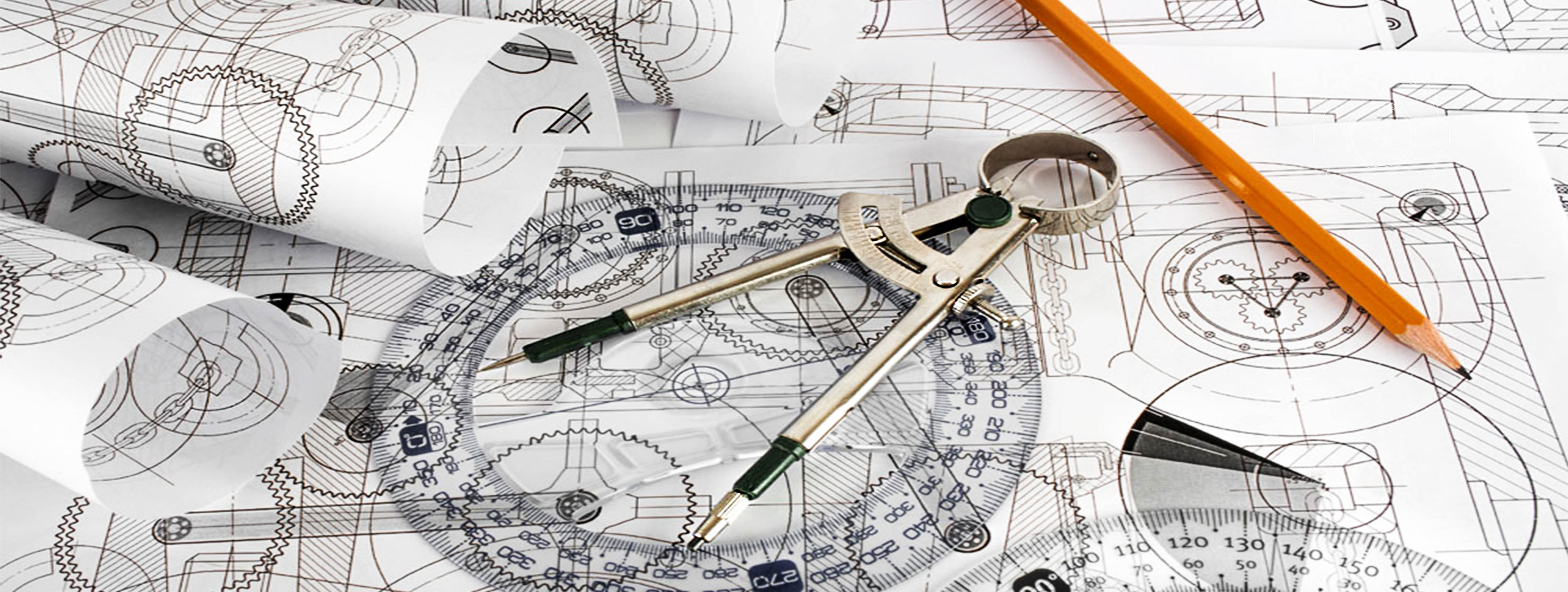

What are the features of TORCH ignition coils?
A: There are four outstanding features of Torch igntion coils:
What temperature can TORCH ignition coils bear?
A: Temperature-resistant: up to 150 ˇăC, brief periods up to 165ˇăC
What voltage can TORCH igntion coils undertake?
A: TORCH igntion coils can undertake voltage greater than 30 KV
What kind of production line does TORCH have for ignition coils?
A: TORCH manufacturing facilities are of modular design suitable for group working and offer maximum flexibility.
They can be expanded,
scaled down, combined and converted in a short space of time, thus permitting economical and top-
quality production of up to 5,000
items a day alternating between large and small series and the various types of ignition coil.
How soon can TORCH develop new products for customers?
A: Vehicle manufacturers throughout the world call on the specialist knowledge
of the TORCH development engineers to design the optimum ignition coils for every engine series including the
ignition module if required. We are proud of our short development times and customers appreciate a close
working relationship with our engineering teams.
How to judge whether coil need to be replaced or not?
A: Ignition coil troubleshooting begins by disconnecting a spark plug wire and installing an extra spark plug into
the end of the wire. Lay the
spark plug on a part of the engine where the plug will be resting against a good ground. Turn the engine over
by having a helper hold the
key in the start position while the spark plug is observed for a good spark.
It is not a good idea to hold the plug wire during this procedure because electricity always takes the path of
least resistance to ground and that may well by you. The coil generates from 17,000 volts upward. The good
thing is that the coil does not generate much amperage so the shock would most likely be no more than an
electrifying experience. Some coils are a capacitor discharge system and have enough amperage to be potentially
harmful. If you are not familiar with which type is present, it is wise to keep hands at least 4 inches away from
the wires when the engine is operating.
all, the primary coil wire or the coil is suspect. Shut the engine off.
displaced on the ohmmeter. If the coil wire shows excessive resistance, which would be over 3,000 ohms, replace it.
Disconnect the positive and negative wires on the coil. Use the ohmmeter to check the continuity between the positive
terminal and the negative terminal. There should be a little resistance in the form of .001- .007 ohms. Now move one
of the leads to the center coil tower. Use the other lead to test both terminals to the coil tower. The resistance should
be between 7,500 to 18,000 ohms. If the coil has failed either of these tests, replace the coil.
What kind of quality control does TORCH have in order to achieve high quality?
A: We at TORCH endeavour to achieve Total qualityˇ° on three mutually independent levels:
- Integrated automatic checks
which are in perfect condition remain in production. All others are immediately removed from the line before the
y give rise to unnecessary costs.
- Operator control
person concerned can react immediately.
relevant findings to be incorporated into the production process without delay. Checks which cannot be carried out on site
are referred to special groups at Quality Assurance, who have the necessary test equipment at their disposal.
All TORCH factories are ISO/TS 16949 certified as well as environmental standard ISO14001.